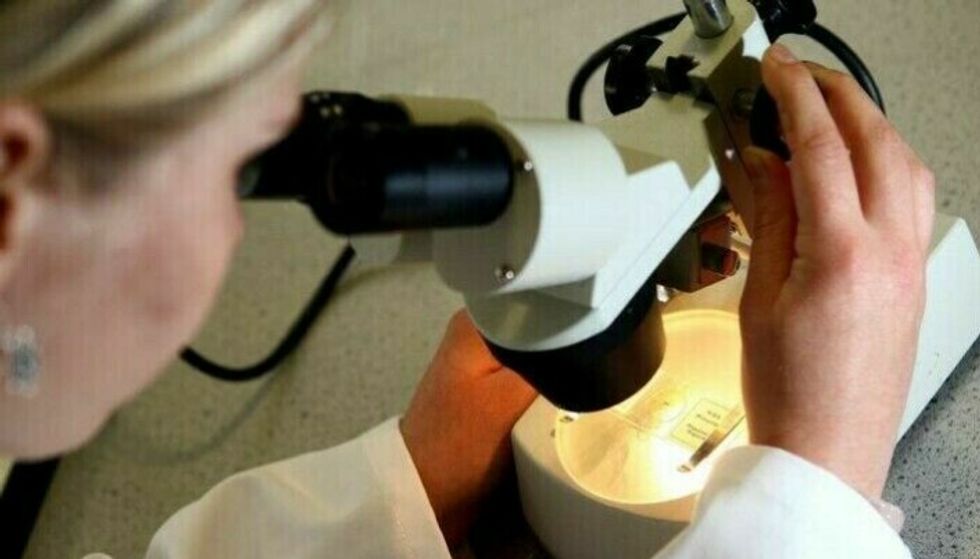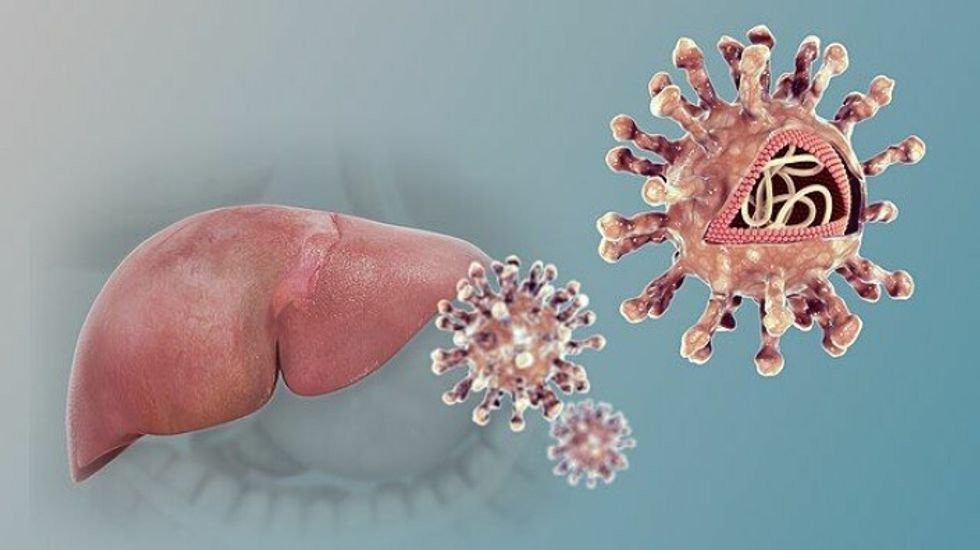Hepatitis outbreak turns fatal as WHO confirms a child has died from mystery outbreak
The UK has the most hepatitis cases in the world with 114
Don't Miss
Most Read
Latest
A mystery hepatitis outbreak which began in the UK has taken the life of a child, the World Health Organisation has confirmed.
The outbreak is believed to have spread to 12 different countries, with Britain experiencing the most cases with 114.
Health officials are scrambling to discover the cause of the outbreak, with none of the existing hepatitis strains being prevalent in cases.
And after 17 children have needed liver transplants, one has now died, although the WHO has not confirmed which country the death occurred in.
Health officials do not know the cause of the outbreak
PA
It said: "It is not yet clear if there has been an increase in hepatitis cases, or an increase in awareness of hepatitis cases that occur at the expected rate but go undetected."
The UK Health Security Agency (UKHSA) said it, Public Health Scotland, Public Health Wales and the Northern Ireland Public Health Agency were continuing to investigate the rise in cases of sudden onset hepatitis, liver inflammation, in children since January.
It said on Thursday a further 34 cases had been identified, bringing the total across the UK to 108, with eight children having received a liver transplant.
Of the total confirmed cases, 79 are in England, 14 in Scotland and the rest in Wales and Northern Ireland, the UKHSA added.
The agency also said it is investigating the possible causes behind the spike in cases but there was no link to the Covid-19 vaccine as none of the children affected was known to have received a jab.
It added that the investigation, including information from patient samples and surveillance systems, continued to point towards a link to a group of viruses called adenoviruses, with 77% of cases testing positive for adenovirus.
But the agency added it was “not usual to see this pattern of disease” from adenovirus, and it was also looking into other possible factors, such as another infection like Covid-19 or an environmental cause.
The UKHSA said it was also investigating whether there had been a change in the genome of the adenovirus.
The hepatitis C virus
Wikicommons
Dr Meera Chand, director of clinical and emerging infections at UKHSA, said: “We are working with the NHS and public health colleagues in Scotland, Wales and Northern Ireland to swiftly investigate a wide range of possible factors which may be causing children to be admitted to hospital with liver inflammation known as hepatitis.
“Information gathered through our investigations increasingly suggests that this is linked to adenovirus infection. However, we are thoroughly investigating other potential causes.”
Hepatitis symptoms include:
– dark urine
– pale, grey-coloured poo
– itchy skin
– yellowing of the eyes and skin (jaundice)
– muscle and joint pain
– a high temperature
– feeling and being sick
– feeling unusually tired all the time
– loss of appetite
– tummy pain
The UKHSA said that adenoviruses are a family of common viruses that usually cause a range of mild illnesses – including colds, vomiting and diarrhoea – and most people recover without complications.
While they do not typically cause hepatitis, it is a known rare complication of the virus.
Adenoviruses are commonly passed from person to person and by touching contaminated surfaces, as well as through the “respiratory route”, the agency said.
It added that the most effective way to minimise the spread is to practise good hand and respiratory hygiene and supervise thorough handwashing in younger children.
Dr Chand urged parents to be alert to the signs of the illness such as jaundice, and added: “Normal hygiene measures such as thorough handwashing – including supervising children – and good thorough respiratory hygiene, help to reduce the spread of many common infections, including adenovirus.
“We are also calling on parents and guardians, to be alert to the signs of hepatitis – including jaundice – and to contact a healthcare professional if they are concerned.”













